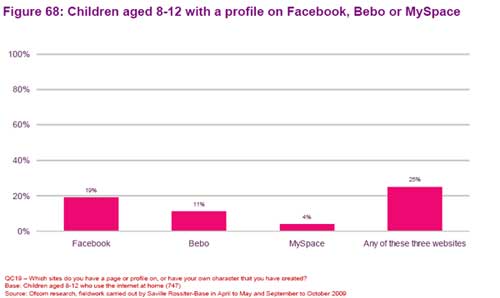Regulators in the UK are taking the gloves off, considering legislation that would impose jail time for execs whose platforms are guilty of “crimes.”
Social media and online platforms are increasingly under scrutiny around the world for their role in abusing user privacy, interfering in politics, endangering minors and spreading misinformation. Regulators have been struggling to come up with solutions that will effect change, with little results so far.
According to Gizmodo, UK regulators have proposed adding penalties to the Online Safety Bill that could land executives in jail if their platforms are found to be causing “online harm.” The recommendations were made by Ofcom, the parliamentary group that oversees the telco and broadcasting industry.
Unfortunately for tech companies, the bill has been accused of being so broad that it could encompass virtually anything thought to be “harmful,” with little clear guidelines of what that may be. The bill would also penalize any website that allows individuals to post content and/or interact with each other online, not just the Big Tech platforms. Ofcom does seem to address some of this, recommending more narrow definitions of what “online harm” may be covered.
Whatever the outcome, if the bill becomes law it will have profound implications for how companies do business in the UK.


 They are now sending four times as many texts per day than in 2004, spending nearly a quarter of their time on social networking site like Facebook and Twitter and spending 3 hours and 45 minutes watching TV per day.
They are now sending four times as many texts per day than in 2004, spending nearly a quarter of their time on social networking site like Facebook and Twitter and spending 3 hours and 45 minutes watching TV per day.